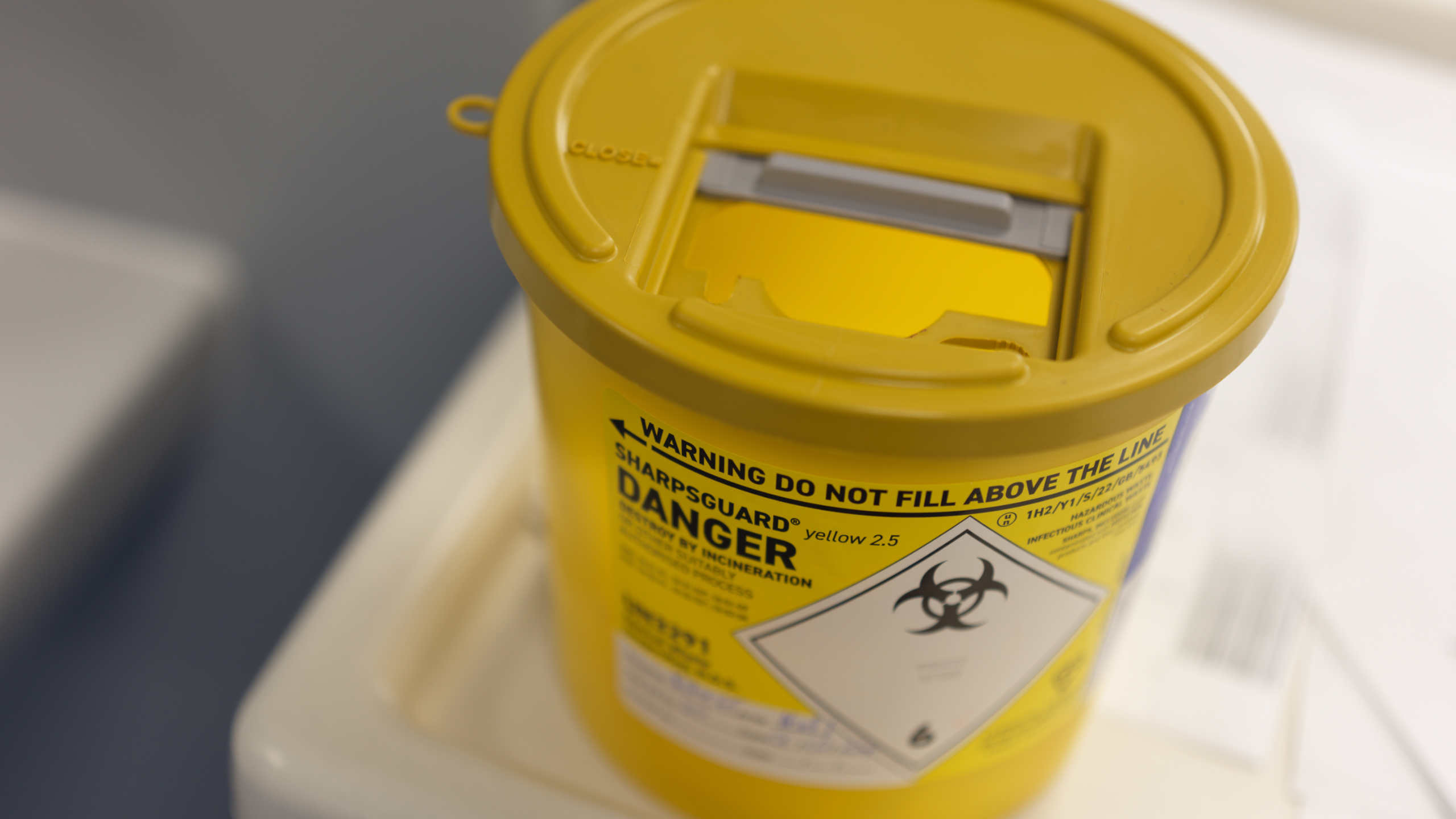
Bed 5 - Sarah
Medication AdministrationUse this resource in conjunction with your real-world training

Experience Summary
This resource is designed for nursing students and professionals from various branches, including nursing associates, adult nursing, and mental health nursing. The content follows a scaffolding approach, starting with basic calculations and progressing to more complex medication dosage scenarios, ensuring an inclusive and comprehensive learning experience.
Clinical Importance
Safe medication administration is a critical skill for nurses and allied health professionals, directly impacting patient safety and the quality of care. Medication errors can lead to serious harm, prolonged hospital stays, and in some cases, fatal outcomes. Therefore, developing a thorough understanding of safe medication practices is an essential component of professional education and ongoing clinical competency.
Nurses and allied health professionals are often responsible for preparing, administering, and monitoring medications in various healthcare settings. Learning the “Five Rights” of medication administration — right patient, right drug, right dose, right route, and right time — forms the foundation of preventing errors. Beyond these, understanding pharmacology, drug interactions, and recognising potential side effects is essential for safe practice.
The complexity of modern healthcare, with polypharmacy and high-risk medications, increases the potential for errors. Consequently, education must focus not only on technical skills but also on critical thinking, clinical decision-making, and effective communication. Simulation training and supervised clinical experiences are valuable in reinforcing these principles in a controlled environment.
Moreover, safe medication administration reflects professional accountability and adherence to legal and ethical standards. It also fosters trust between healthcare providers and patients, contributing to better health outcomes and patient satisfaction.
Learning outcomes
- Remembering: Identify the key components and units involved in medication dosage calculations.
- Understanding: Explain the fundamental principles of safe medication calculations, including conversions and basic formulas.
- Applying: Accurately perform medication dosage calculations for various forms of medications, including tablets, liquids, IM injections and IV .
- Analysing: Analyse complex scenarios involving intravenous (IV) infusions and weight-based dosage.
- Evaluating: Critically assess the accuracy and appropriateness of different medication calculations in real-world clinical scenarios.
- Creating: Design and solve medication dosage problems across different nursing fields, demonstrating an understanding of how calculations apply to adult nursing, nursing associates, and mental health nursing.
